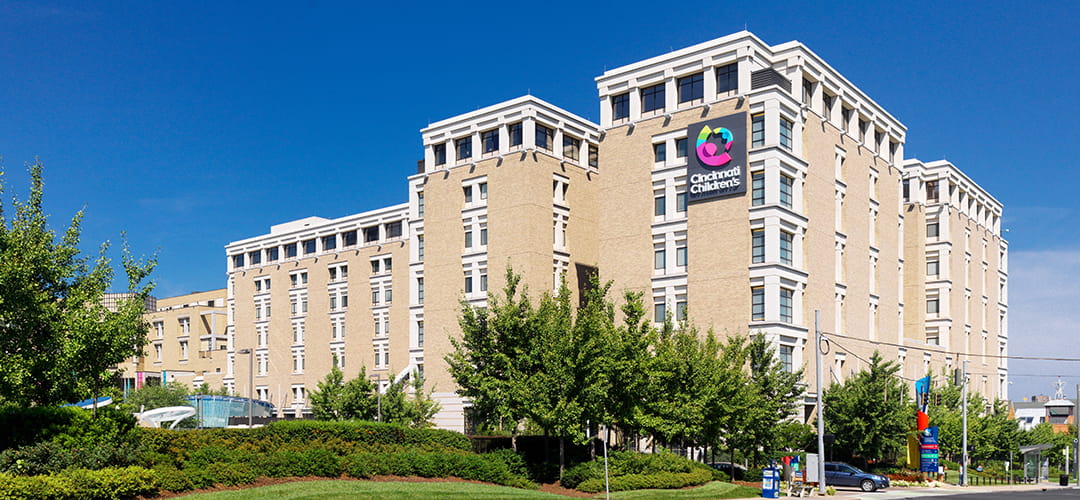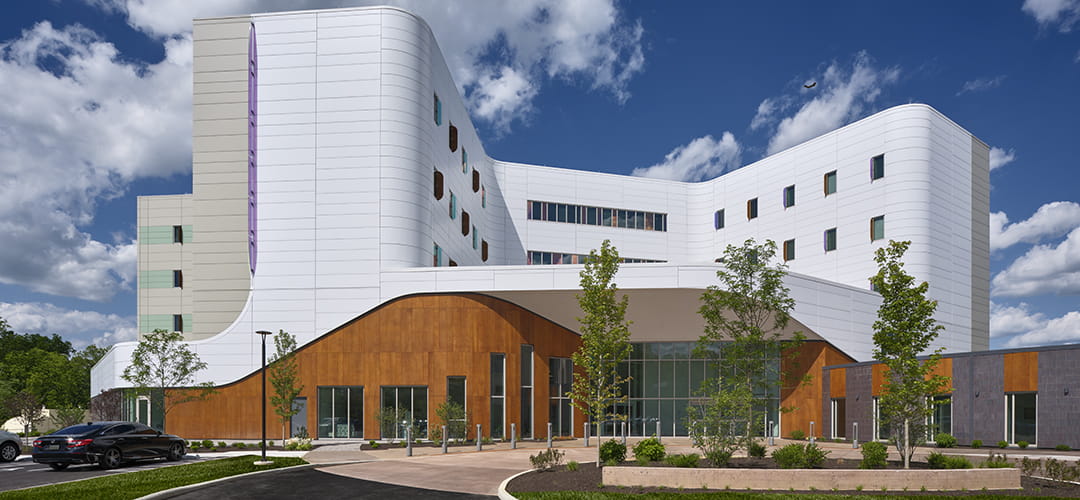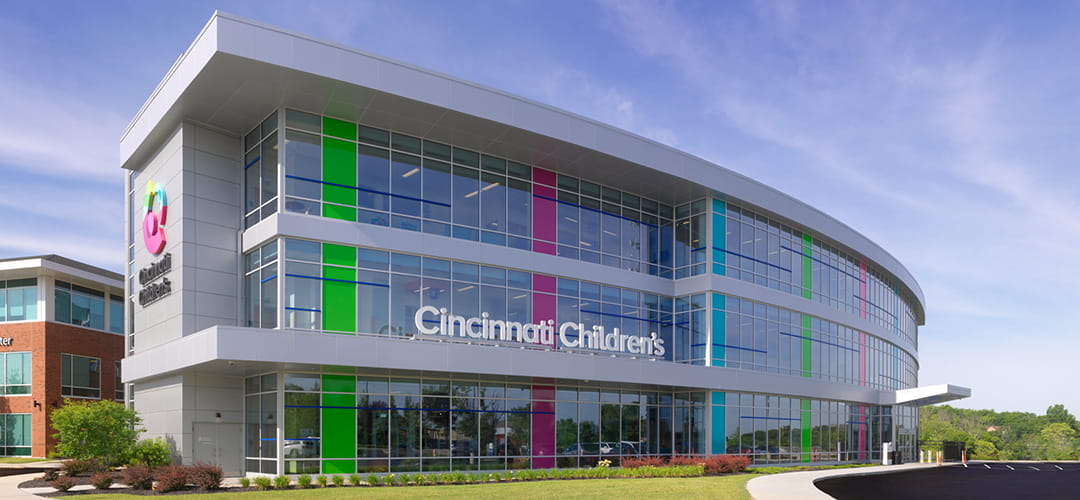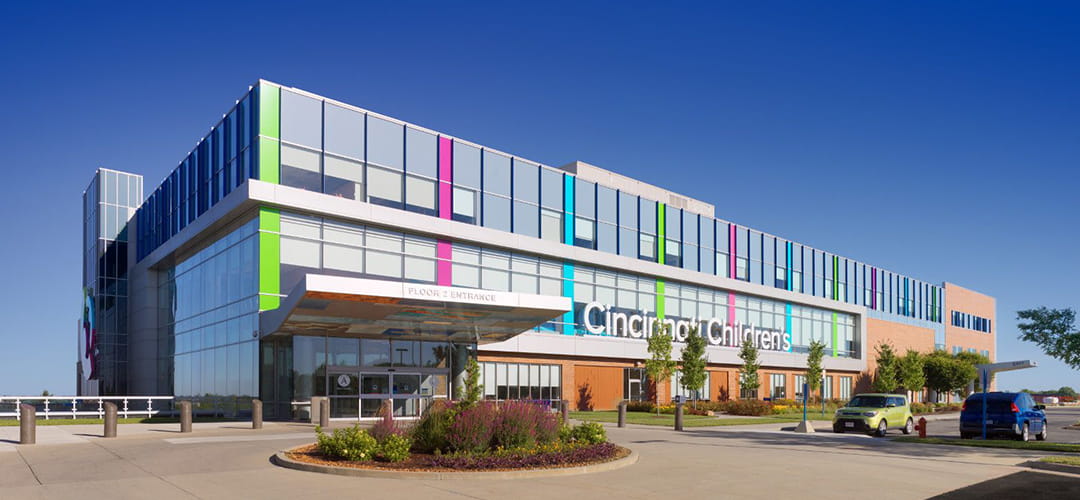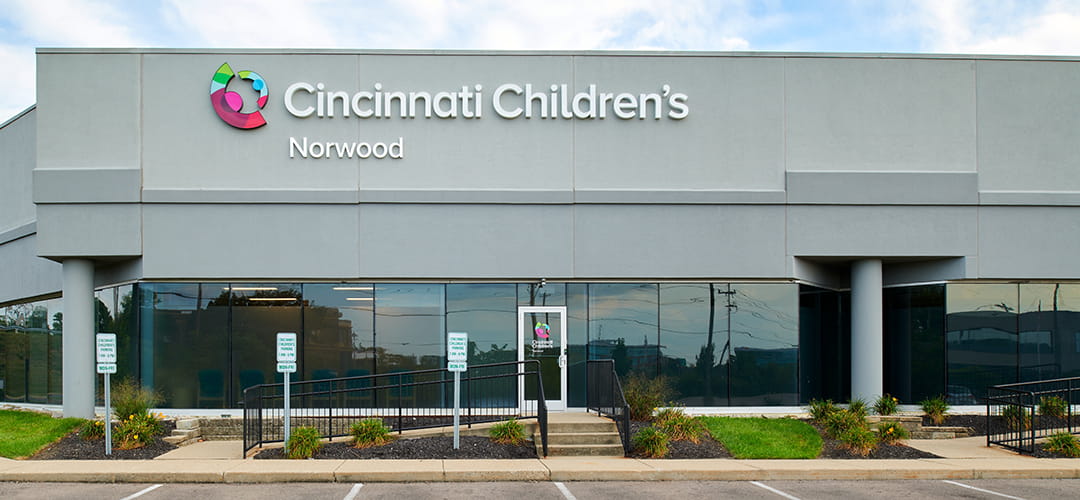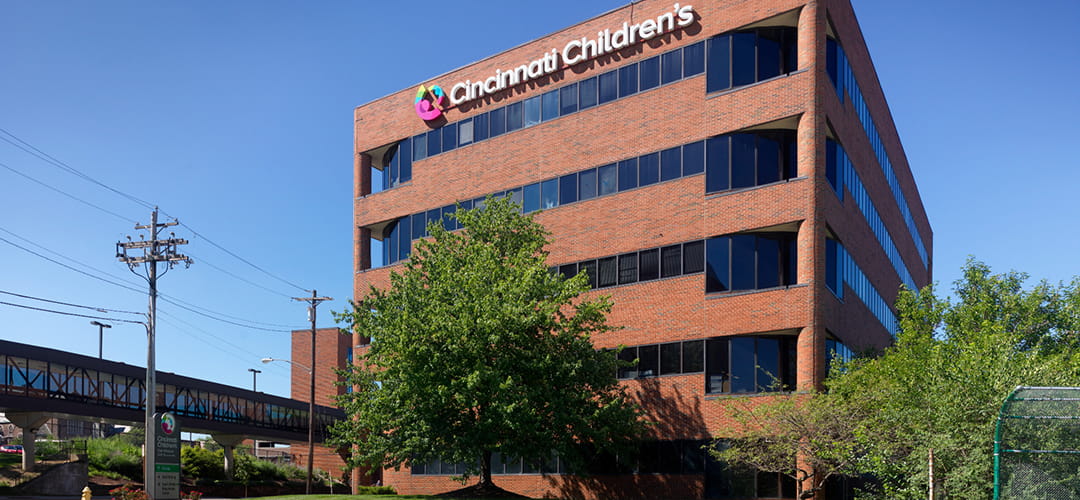Outpatient Services for Children and Adolescents
Outpatient psychiatry services at Cincinnati Children’s give kids and teens the mental health treatments they need—without inpatient care. In our outpatient clinics, psychiatrists, social work and clinical counseling therapists, and advanced practice registered nurses (APRNS) personalize treatment for each patient and family.
What to Expect
Every part of outpatient care is unique to the patient. Here’s how it works:
Contact the Psychiatric Intake Response Center (PIRC)
The Psychiatric Intake Response Center (PIRC) is your starting point for all Psychiatry services at Cincinnati Children’s. PIRC helps find the best level of care based on your child’s needs.
Patients may benefit from outpatient services if they have mental health symptoms. These symptoms often cause concern but not crisis. Learn about the conditions we treat.
Have an Intake Appointment
PIRC staff help you schedule your intake appointment. Most intake appointments are in-person assessments that last 60–90 minutes. We meet with the patient and their parent or legal guardian during this visit. Together, we come up with a plan for treatment based on your child’s current needs.
Your child may need blood tests, imaging or other medical evaluations during intake. We also may refer them for a full psychological evaluation.
Complete Treatment
After intake, your child will have a treatment plan. The plan outlines how we’ll care for your child and what types of follow-up appointments they need. Treatment may include:
- Therapy sessions
- Medication management
- Case management (if eligible)
Your provider may refer you to other psychiatry services or non-psychiatry services at Cincinnati Children’s, if needed.
Follow-up Visits
Most follow-up visits are 30–60 minutes. They can happen in person or virtually with telehealth, as appropriate. Note that telehealth is restricted to states where our providers have licenses.
How often your child has follow-up visits depends on their treatment plan. For example, a care plan may include weekly therapy sessions for two months. Then, you and your provider will look at the progress and update the treatment plan as needed.
Always talk to your child’s provider to see if a parent or legal guardian must attend follow-up appointments. Family often serves an important role in active treatment.
Treatment Methods
All Psychiatry providers at Cincinnati Children’s use evidence-based therapies for mental health treatment. However, the specific therapies they use may look different. We do our best to match patients with providers who give them the treatment style they need.
Learn about different types of mental health providers.
These are some of the treatment methods (also called treatment modalities) our providers use:
- Acceptance and commitment therapy (ACT)
- Cognitive behavioral therapy (CBT) and trauma-focused CBT
- Complementary therapy
- Dialectical behavior therapy (DBT)
- Eye movement desensitization and reprocessing (EMDR) therapy
- Family therapy
- Interpersonal therapy
- Mindfulness
- Motivational interviewing
- Play-based therapy
- Supportive therapy
- Solution-focused therapy
Outpatient Programs
Patients and families may benefit from one of our specialty outpatient programs.
Integrated Primary Care
Some of our primary care offices at Cincinnati Children’s also offer mental health services. Psychiatrists work directly with primary care providers so that mental health support can be part of your child’s regular care. You must be a primary care patient to use these services.
Current locations include Liberty Primary Care and Hopple Street Neighborhood Health Center.
Neurodevelopmental Outpatient Care
Does your child have a neurodevelopmental diagnosis and mild intellectual disability? Learn about neurodevelopmental outpatient care.
Program for the Education and Enrichment of Relational Skills (PEERS)
Do you have a teen age 13–18? Are they facing social challenges? Learn about PEERS evidence-based social skills training.
Regulating Together
Your child may benefit from the Regulating Together intensive outpatient program (IOP) if they are ages 5–18 and have a neurodevelopmental disorder. Learn how we focus on neurodevelopmental emotion regulation.
School-Based Mental Health Services
Cincinnati Children’s Psychiatry works with schools across Greater Cincinnati to provide mental health services to kids and teens.
Therapeutic Interagency Program (TIP)
TIP is a day treatment program for preschool children, ages 3–5. Children come from families with a history of childhood neglect, abuse, violence or other trauma. Goals of treatment include safety, access to mental health services and improved development. Learn more about TIP and Baby TIP for even younger kiddos.
Outpatient Locations
Get outpatient services:
- In person at one of our Cincinnati Children’s locations
- Virtually with telehealth (Limited to certain states)
- At a participating school in the Cincinnati area
- At a participating Cincinnati Children’s primary care location
